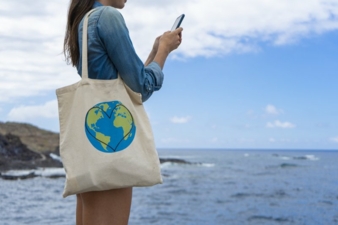19.12.23 – EU Commission
EU decides to restrict synthetic polymer microparticles
The European Commission has taken significant steps to protect the environment and public health by implementing restrictions on intentionally added microplastics under the EU chemical regulation REACH.
These measures aim to prevent the release of approximately 0,5m tonnes of microplastics into the environment. The restrictions prohibit the sale of microplastics and products intentionally containing microplastics that release them when used. The definition of microplastics includes all organic, insoluble synthetic polymer particles measuring less than 5 mm. Common products affected by the restrictions include artificial sport surfaces` granular infill material, cosmetics, detergents, fabric softeners, glitter, fertilizers, plant protection products, toys, medicines, and medical devices. Certain products not releasing microplastics during use receive derogations but must provide instructions for proper use and disposal. The restrictions will be phased in over time, with some measures already having taken effect on the 17th of October. Thierry Breton, Commissioner for Internal Market, summarized: “This restriction contributes to the green transition of the EU industry and promotes innovative, microplastic-free products – from cosmetics to detergents to sport surfaces.” This initiative aligns with the European Green Deal and Circular Economy Action Plan, aiming to reduce microplastics pollution by 30% by 2030. The European Chemicals Agency`s assessment prompted these restrictions due to the uncontrolled release of microplastics intentionally added to products. The proposal received approval from EU member states, the European Parliament, and the Council.

